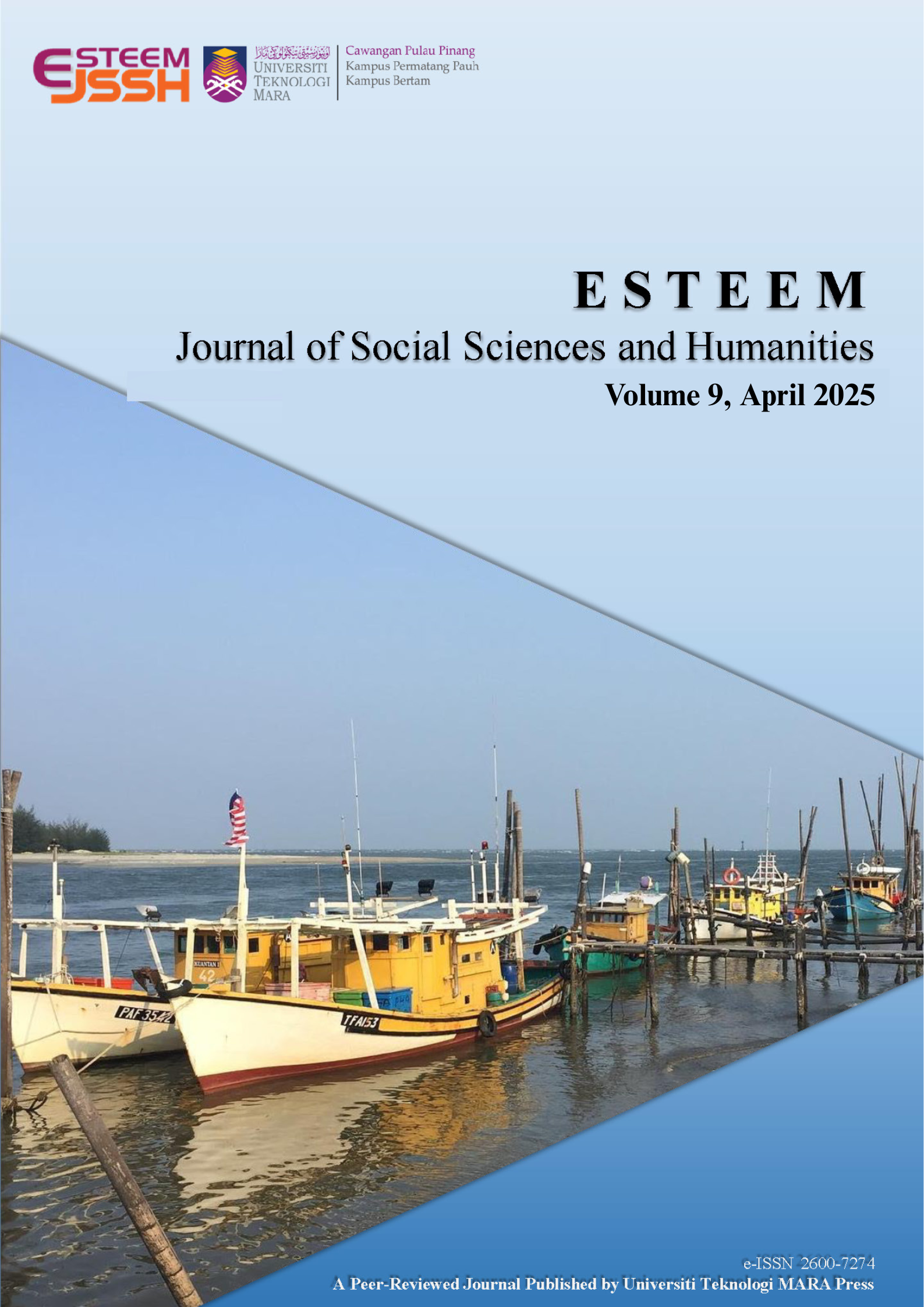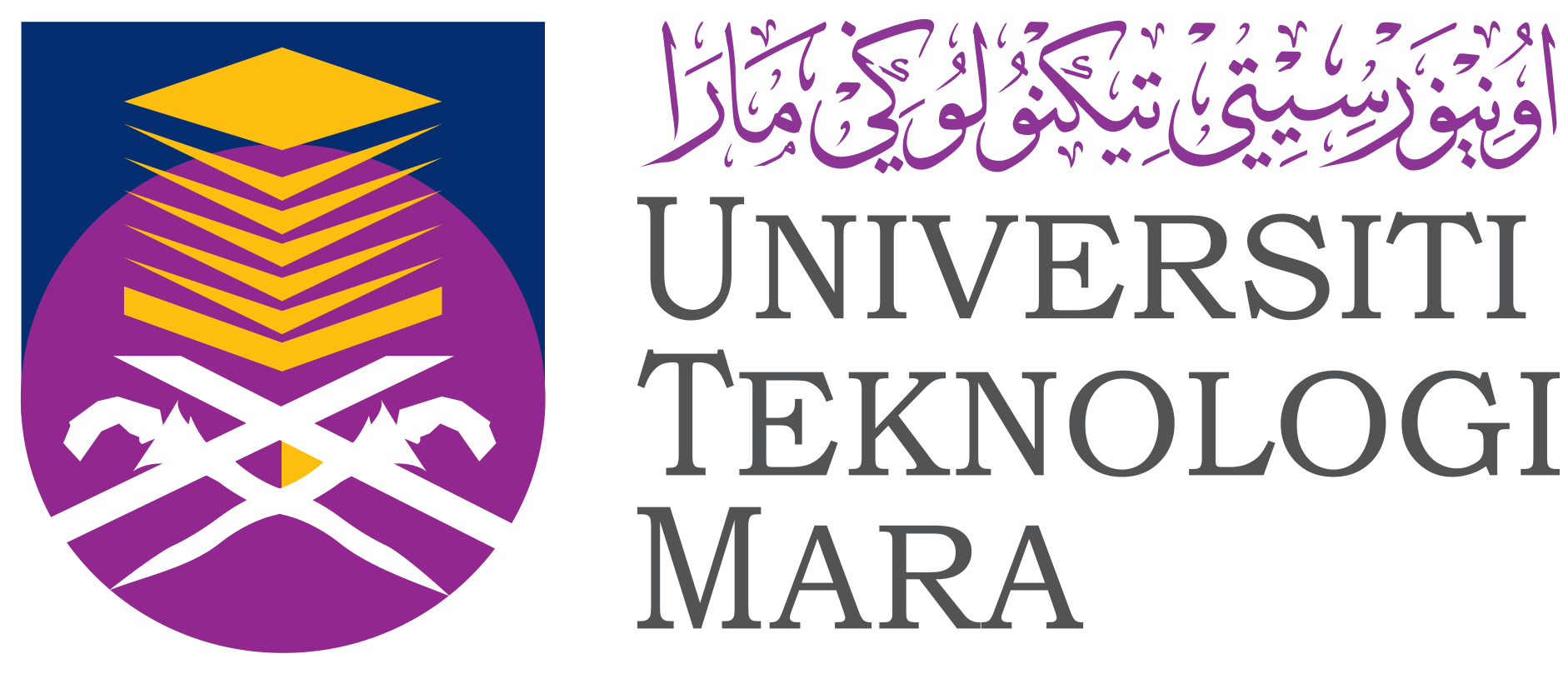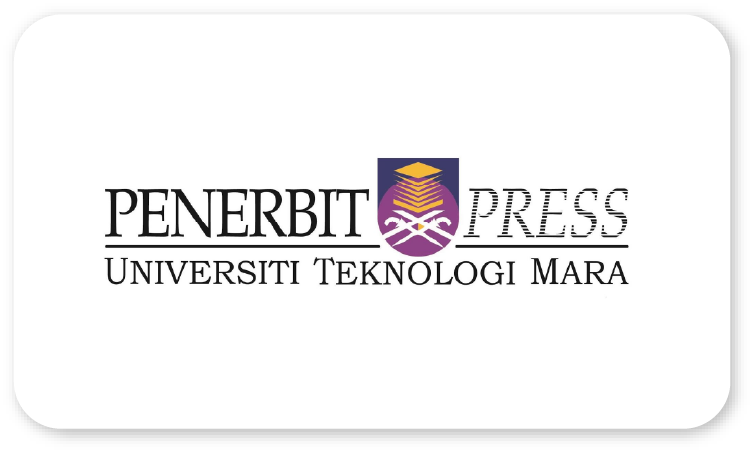
Islamic brand slogan use: To what extent religiosity moderates purchase intention
Noraziah Mohd Amin
Academy of Language Studies, Universiti Teknologi MARA, Cawangan Pulau Pinang, 13500 Permatang Pauh, Pulau Pinang, Malaysia
Shamshul Anaz Kassim
Faculty of Business and Management, Universiti Teknologi MARA, Cawangan Perlis, 02600 Arau, Perlis, Malaysia
Abstract
The increasing use of Islamic marketing reflects the growing importance of the Muslim market globally. Thus, it is essential for companies to understand and respect the cultural and religious sensitivities of their customers. Realising this, the present study aims to investigate the impact of incorporating Islamic brand slogans on consumer purchase intention. Besides, with the increasing importance of religion in influencing consumer behaviour, this research also examines how much customers’ religiosity can moderate their purchase intention. To investigate this issue, quantitative data was collected from 122 marketing university students who were recruited to represent consumers in Malaysia using purposive and convenience sampling. The findings suggest that Islamic brand slogans have the potential to influence customers’ purchase intention with their religious personality as a moderator. Obviously, this study is another evidence of the imperativeness to integrate Islamic elements that appeal to Muslim consumers in product marketing and advertising. Hence, incorporating Islamic product identity into marketing strategies helps build trust and credibility among Muslim consumers, potentially leading to long-term customer loyalty and increased purchases.
Keywords:Islamic brand slogan, religiosity, purchase intention
References:
Ahmadova, E. (2017). Islamic marketing: The new rules that transform the way of conducting business. Journal of Suleyman Demirel University Institute of Social Sciences, 28(3), 242-257. http://isamveri.org/pdfdrg/D03469/2016/2016_AHMADOVAE.pdf
Ahn, J., & Ferle, C. L. (2008). Enhancing recall and recognition for brand names and bodycopy: A Mixed-language approach. Journal of Advertising, 37(3), 107–117. https://doi.org/10.2753/JOA0091-3367370308
Alam, A. & Maknun, L. (2021). Impact of Islamic branding on purchasing decisions on facial wash product. ICONEBS. https://dx.doi.org/10.4108/eai.4-11-2020.2304556
Alihodzic, V. (2013). Brand identity factors: Developing a successful Islamic brand. Hamburg, Germany: Anchor Academic Publishing.
Alserhan, B. A. (2010). Islamic branding: A conceptualization of related terms. Journal of Brand Management, 18(1), 34-49. https://dx.doi.org/10.1057/bm.2010.18
Chairiawaty, & Zakiah, K. (2020). Branding identity as da’wah strategy: Islamic business ethics. Ilmu Dakwah: Academic Journal for Homiletic Studies, 14(2), 259-274. https://doi.org/10.15575/idajhs.v14i2.10595
Choi, Y., Paulraj, A., Shin, J. (2013). Religion or religiosity: Which is the culprit for consumer switching behavior? J. Int. Consum. Market, 25, 262–280.
Euromonitor International. (November, 2022). Bottled Water in Malaysia. Retrieved from https://www.euromonitor.com/bottled-water-in-malaysia/report#
Floren, J., Rasul, T. and Gani, A. (2020). Islamic marketing and consumer behaviour: A systematic literature review. Journal of Islamic Marketing, Vol. 11 No. 6, pp. 1557-1578. https://doi.org/10.1108/JIMA-05-2019-0100
Hussin, R., Yusoff, S. H., & Yusof, S. N. M. (2015). Islamic representation in television advertising and its impact on modern Malay Muslim women. Procedia-Social and Behavioral Sciences, 211, 890-895. https://dx.doi.org/10.1016/j.sbspro.2015.11.117
Ismail, N. A. H., & Tekke, M. (2015). Development and initial validation of integrative Islamic personality inventory. Advances in Environmental Biology, 9(18), 163-171.
Galí, N., Camprubí, R., Donaire, J.A. 2017. Analysing tourism slogans in top tourism destinations. Journal of Destination Marketing & Management, 6(3), 243-251.
Kennedy, A.-M. (2010). The history of New Zealand shop trading hours. Int. J. Retail Distrib. Manag, 38 (8), 625–640.
Minton, E.A. (2015). In advertising we trust: Religiosity’s influence on marketplace and relational trust. J. Advert. 44 (4), 403–414.
Minton, E.A. (2018). Affective and cognitive religiosity: Influences on consumer reactance and self-control. J. Consum. Behav, 17 (2), 175–186.
Minton, E.A., Johnson, K.A., Liu, R.L. (2019). Religiosity and special food consumption: The explanatory effects of moral priorities. J. Bus. Res. 95, 442–454
Monoarfa, H., Juliana, J., Setiawan, R. and Abu Karim, R. (2021). The influences of Islamic retail mix approach on purchase decisions. Journal of Islamic Marketing. https://doi.org/10.1108/JIMA-07-2020-0224
Montoro-Pons, J.D., Cuadrado-Garcia, M., 2018. Religiosity and cultural consumption. Int. J. Consum. Stud, 42 (6), 704–714.
Muhamad, N., & Mizerski, D. (2013). The effects of following Islam in decisions about taboo products. Psychol. Market. 30 (4), 357–371.
Mumuni, A.G., Veeck, A., Luqmani, M., Quraeshi, Z.A., & Kamarulzaman, Y. (2018). Religious identity, community and religious minorities’ search efforts for religiously sanctioned food: The case of Halal food in non-Muslim majority markets. Int. J. Consum. Stud, 42 (6), 586–598.
Nickerson, C. & Nandialath, A. M. (2020). The impact of religious salience on purchase intentions: evidence from the UAE. Journal of Islamic Marketing, 11(6), 1339-1350. https://doi.org/10.1108/JIMA-01-2019-0005
Rice, G., & Al-Mossawi, M. (2002). The implication of Islam for advertising messages: The Middle Eastern context. Journal of Euromarketing, 11(3), 1-15. https://doi.org/10.1300/J037v11n03_05
Rosengren, S., & Dahlén, M. (2006) Brand–slogan matching in a cluttered environment. Journal of Marketing Communications, 12:4, 263-279, DOI: 10.1080/13527260600714700
Rybaczewska, M., Jirapathomsakul, S., Liu, Y., Chow, W.T., Nguyen, M.T. and Sparks, L. (2020). Slogans, brands and purchase behaviour of students. Young Consumers, Vol. 21 No. 3, pp. 305-317. https://doi.org/10.1108/YC-07-2019-1020
Sales value of bottled water in Malaysia 2019-2022. (2023). Statista Research Department. https://www.statista.com/statistics/642770/sales-value-of-bottled-water-in-malaysia/#:~:text=In%202022%2C%20the%20sales%20value,experienced%20a%20decrease%20in%202020.
Sandıkcı, Ö. (2011). Researching Islamic marketing: past and future perspectives. Journal of Islamic Marketing, 2(3), 246-258. https://doi.org/10.1108/17590831111164778
Schneider, H., Krieger, J., Bayraktar, A. (2011). The impact of intrinsic religiosity on consumers’ ethical beliefs: Does it depend on the type of religion? A comparison of Christian and Muslim consumers in Germany and Turkey. J. Bus. Ethics, 102 (2), 319–332.
Shah, S. A., Bhutto, M. H., & Azhar, S. M. (2022). Integrative review of Islamic marketing. Journal of Islamic Marketing, 13(6), 1264-1287.
Silveira, D. P., & Bogas, P. (2019). The influence of brand effect on slogan’s memorability. European Research Studies Journal, Volume XXII, Issue 4, 2019, pp. 88-100.
Souiden, N., & Rani, M. (2015). Consumer attitudes and purchase intentions toward Islamic banks: The influence of religiosity. International Journal of Bank Marketing, Vol. 33 No. 2, pp. 143-161.
Statista. (March 1, 2023). Sales value of bottled water in Malaysia 2019-2022. Statista Research Department. Retrieved from: https://www.statista.com/statistics/642770/sales-value-of-bottled-water-in-malaysia/
Swimberghe, K., Flurry, L., Parker, J. (2011). Consumer religiosity: Consequences for consumer activism in the United States. J. Bus. Ethics, 103 (3), 453–467.
Wippel, S. (2023). Branding the Middle East: A review of regional manifestations of a global phenomenon. In Wippel, S. (2023). Branding
the Middle East: Communication Strategies and Image Building from Qom to Casablanca (p. 660). De Gruyter.
Wu, S. I., & Chen, Y. J. (2014). The impact of green marketing and perceived innovation on purchase intention for green products. International Journal of Marketing Studies, 6(5), 81.



